Excellence in Luxury Living
Creating premium residential experiences through innovative design, quality construction, and exceptional attention to detail in every project we deliver.
Discover our premium residential developments and see how we transform spaces into extraordinary homes.
Explore our carefully curated selection of luxury apartments designed to meet your lifestyle needs and preferences.
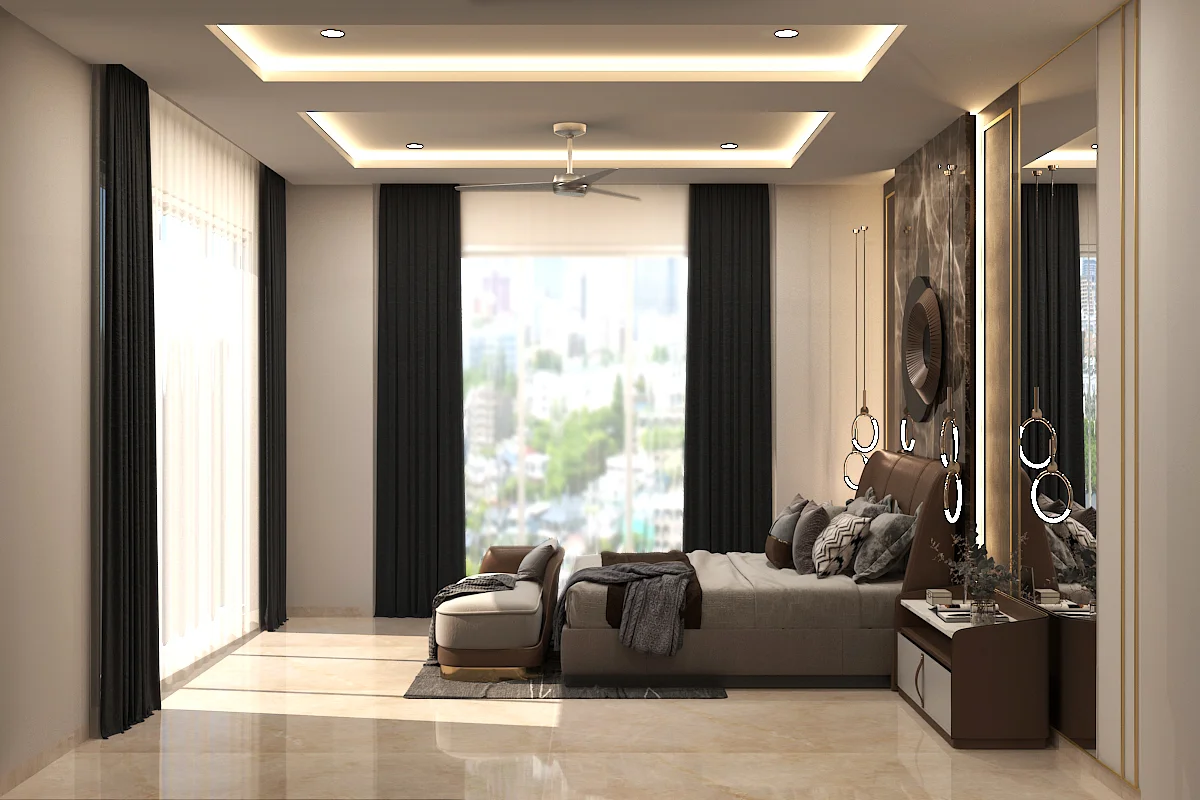
One Bedroom Apartment
Spacious one-bedroom apartment with separate living and sleeping areas. Features luxury amenities and contemporary design elements ideal for comfortable modern living.
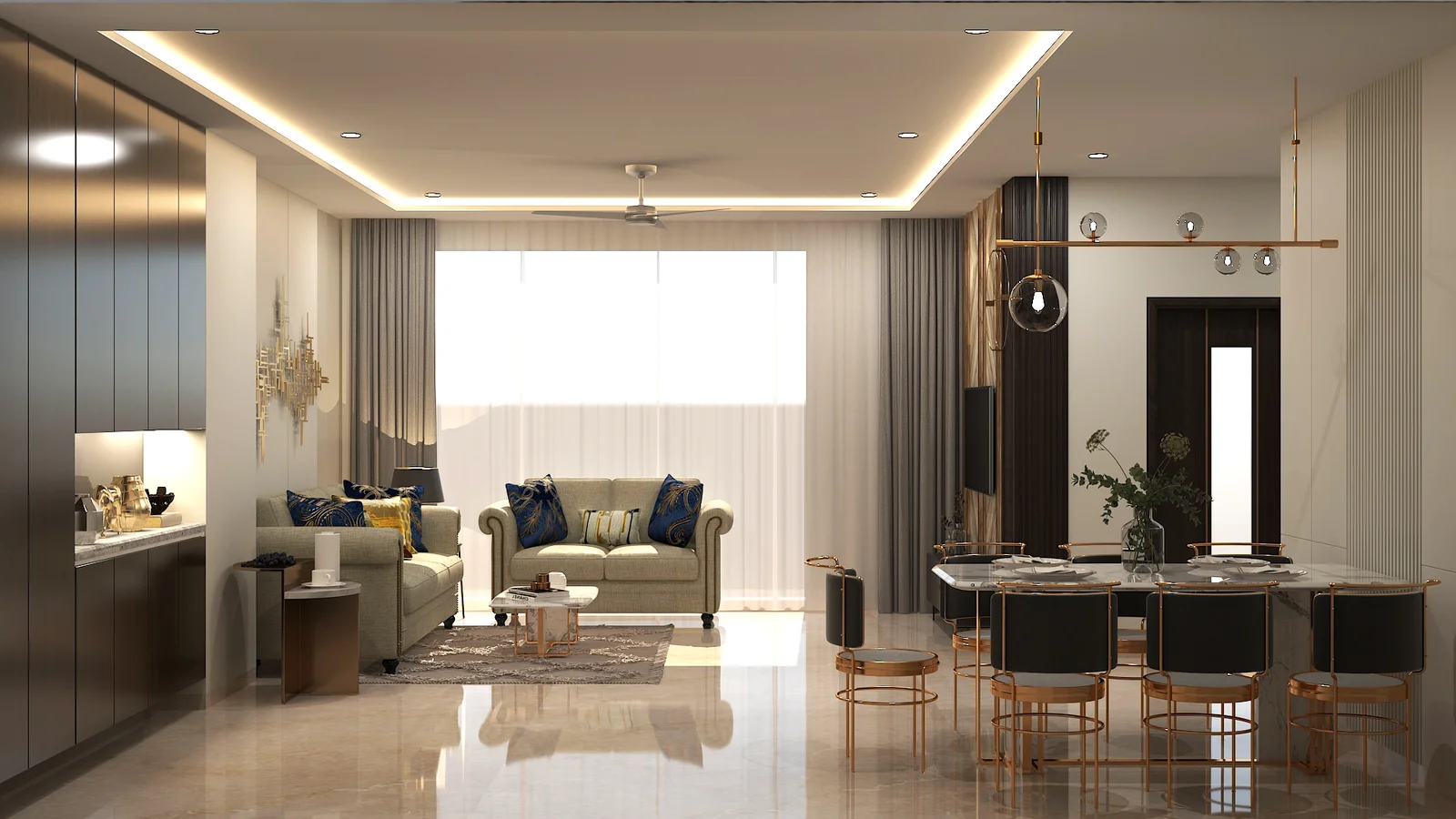
Two Bedroom Apartment
Premium two-bedroom apartment offering generous living spaces with sophisticated design. Features expansive living areas, modern amenities, and luxury finishes throughout.

Discover the latest trends, insights, and developments in Ghana's real estate market with expert analysis from Euro World International's development team.
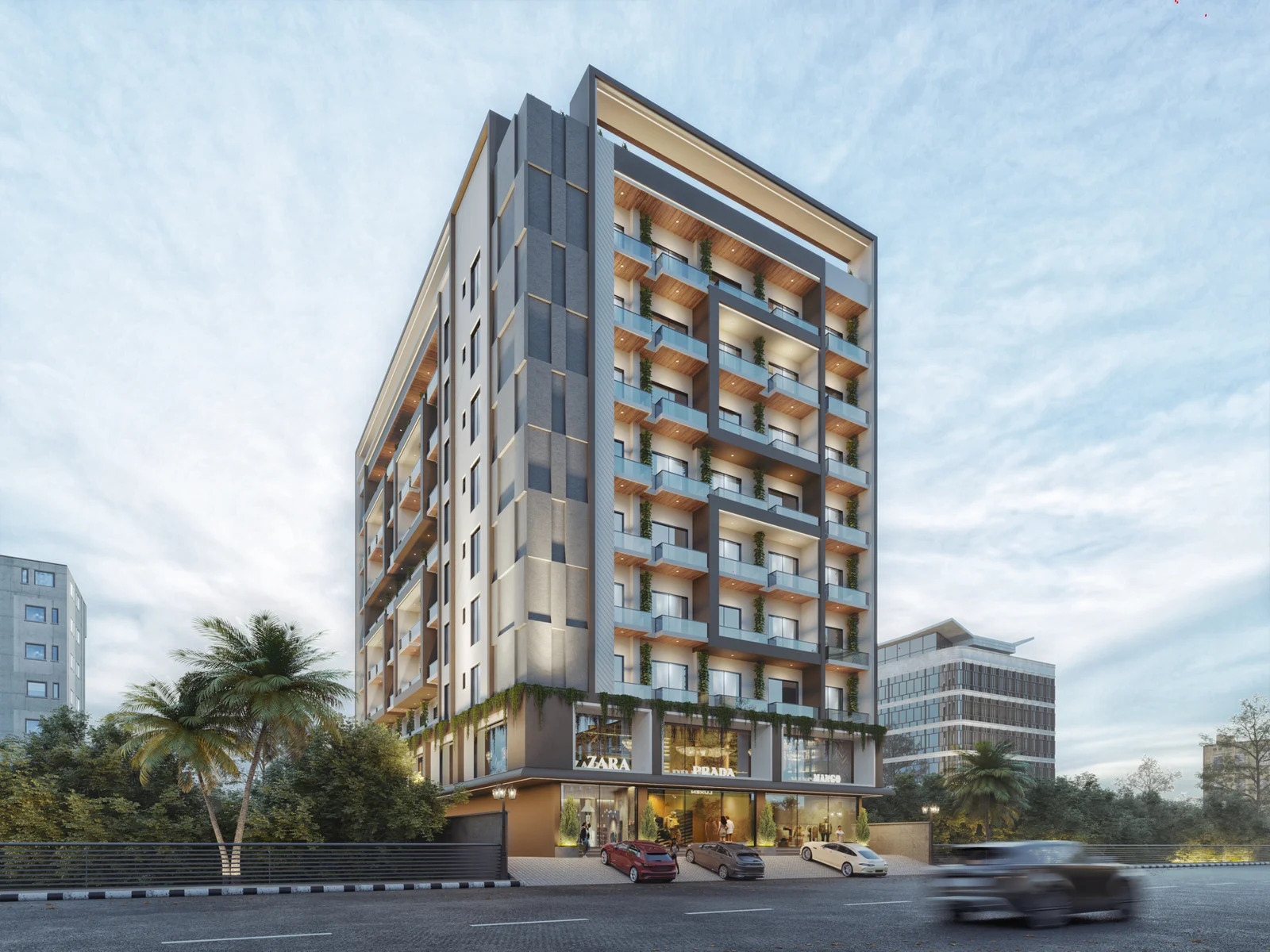
The Future of Luxury Residential Development in Ghana
Exploring how modern architectural design and international standards are reshaping Ghana's residential landscape through projects like Sylvana Tower.
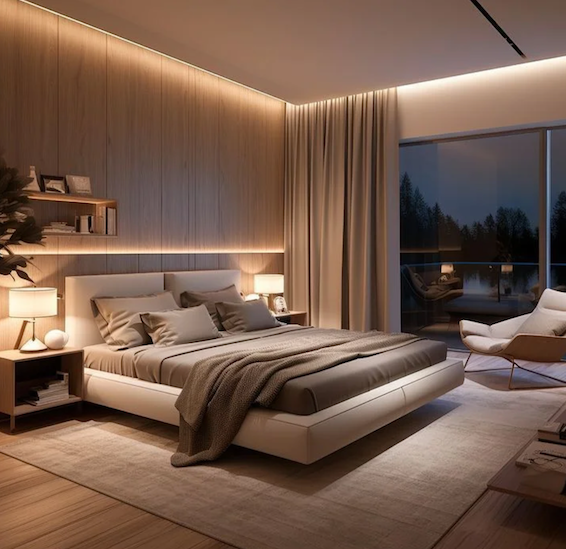
Maximizing ROI in Ghana's Real Estate Market
A comprehensive guide to real estate investment strategies, market analysis, and how to identify high-value opportunities in Ghana's growing market.
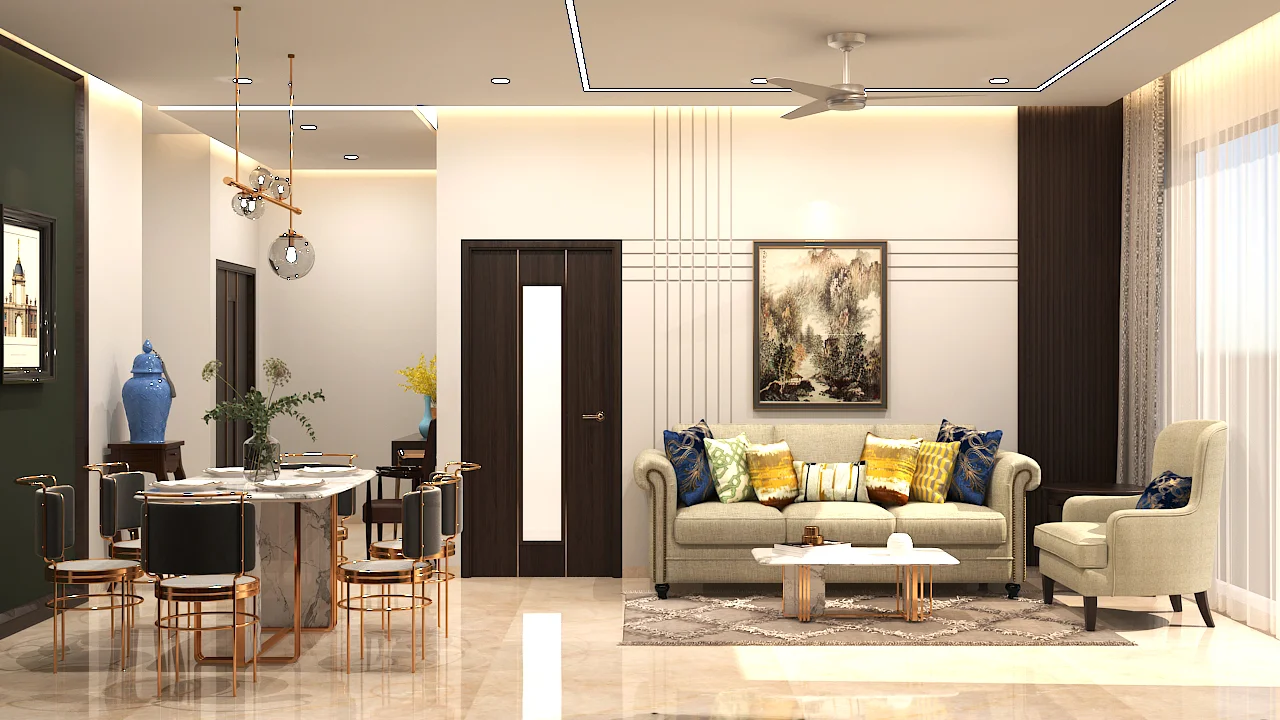
Innovative Design Trends in Modern African Architecture
How contemporary design principles are being adapted for African climates and lifestyles, creating sustainable and culturally relevant spaces.

The Future of Luxury Residential Development in Ghana
Ghana's real estate landscape is experiencing a remarkable transformation, with luxury residential developments setting new standards for modern living. Euro World International's flagship project, Sylvana Tower, exemplifies this evolution with its innovative B+G+9-storey design that combines international architectural standards with local market needs.
Driving Market Evolution
The demand for premium residential spaces in Ghana has grown significantly, driven by urbanization, economic growth, and an increasingly sophisticated consumer base. Modern developments are no longer just about providing shelter; they're about creating comprehensive lifestyle experiences that rival international standards.
Key Features of Modern Luxury Development
- Fully furnished studio, 1 & 2-bedroom apartments designed for contemporary urban living
- Strategic locations near business hubs and entertainment districts like Oxford Street
- World-class amenities including swimming pools, fitness centers, and sky bars
- 24/7 security systems and uninterrupted utility services
- Flexible payment plans to accommodate diverse investment needs
Investment Perspective
Luxury residential developments in Ghana offer exceptional investment opportunities, with properties appreciating significantly due to limited supply and growing demand. Projects like Sylvana Tower not only provide immediate rental yields but also long-term capital appreciation, making them attractive to both local and international investors.
Sustainable Development Practices
Modern luxury developments in Ghana are increasingly incorporating sustainable design principles, energy-efficient systems, and environmentally conscious construction practices. This approach not only reduces operational costs but also appeals to environmentally aware residents and investors.
The future of luxury residential development in Ghana looks promising, with projects setting new benchmarks for quality, design, and lifestyle amenities. As the market continues to mature, we can expect to see even more innovative developments that blend international standards with local cultural values.

Maximizing ROI in Ghana's Real Estate Market
Ghana's real estate market presents compelling investment opportunities for both local and international investors. With proper strategy and market understanding, investors can achieve significant returns while contributing to the country's economic development.
Market Analysis and Trends
The Ghanaian real estate market has shown consistent growth over the past decade, driven by economic stability, population growth, and increasing urbanization. Key cities like Accra and Kumasi have seen property values appreciate substantially, particularly in prime locations near business districts and major infrastructure developments.
Strategic Investment Approaches
- Location analysis focusing on areas with high growth potential and infrastructure development
- Diversification across residential, commercial, and mixed-use properties
- Understanding local market dynamics and regulatory environment
- Partnership with experienced local developers like Euro World International
- Long-term investment strategies aligned with Ghana's economic growth trajectory
Investment Opportunities
Current market conditions offer several attractive investment vehicles. Pre-construction purchases in premium developments often provide the best value, allowing investors to benefit from both appreciation during construction and immediate rental yields upon completion.
Risk Management
Successful real estate investment in Ghana requires careful risk assessment and management. Key factors include choosing reputable developers with proven track records, understanding local legal frameworks, and ensuring proper due diligence on all transactions.
ROI Projections
Based on current market trends, well-located residential properties in Ghana's major cities can generate annual rental yields of 8-12%, with capital appreciation rates of 15-20% per annum. These returns, combined with Ghana's stable political environment and growing economy, make real estate an attractive investment option.
For investors seeking to enter Ghana's real estate market, partnering with experienced developers who understand both local dynamics and international standards is crucial for maximizing returns while minimizing risks.

Innovative Design Trends in Modern African Architecture
Contemporary African architecture is experiencing a renaissance, blending traditional design principles with modern functionality and international standards. This evolution is creating spaces that are not only aesthetically pleasing but also culturally relevant and environmentally sustainable.
Climate-Responsive Design
Modern African architecture prioritizes climate-responsive design elements that work with the continent's diverse weather patterns. Features like strategic window placement, natural ventilation systems, and thermal mass optimization help create comfortable living spaces while reducing energy consumption.
Cultural Integration
- Incorporation of traditional African spatial concepts and social patterns
- Use of local materials and craftsmanship techniques in contemporary contexts
- Color palettes and decorative elements inspired by African art and culture
- Communal spaces that reflect African social structures and lifestyle
- Flexible layouts that accommodate extended family dynamics
Sustainable Practices
Sustainability is at the forefront of modern African architectural design. This includes the use of locally sourced materials, implementation of renewable energy systems, rainwater harvesting, and waste management solutions that are appropriate for local contexts.
Technology Integration
Contemporary African buildings are increasingly incorporating smart home technologies, advanced security systems, and modern amenities while maintaining affordability and local relevance. This balance between high-tech features and practical functionality is defining the new generation of African architecture.
Urban Planning Considerations
Modern developments in Africa are moving beyond individual building design to consider broader urban planning principles. This includes creating walkable communities, integrating public transportation access, and designing mixed-use developments that reduce commute times and create vibrant neighborhoods.
Future Directions
The future of African architecture lies in continuing to innovate while respecting cultural heritage and environmental constraints. Emerging trends include modular construction techniques, biophilic design principles, and the integration of urban agriculture into residential developments.
Projects like Bravia Residency demonstrate how these principles can be successfully implemented, creating spaces that serve modern needs while honoring African design traditions and environmental stewardship.
Download Our Brochure
Fill out the form below to receive our detailed brochure
